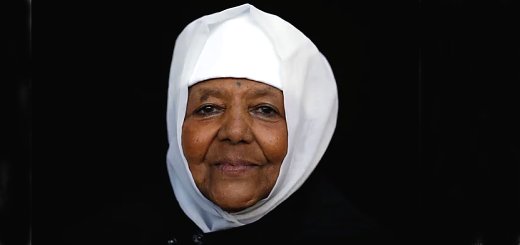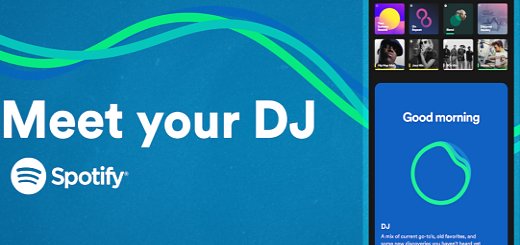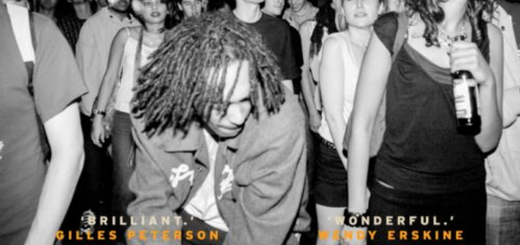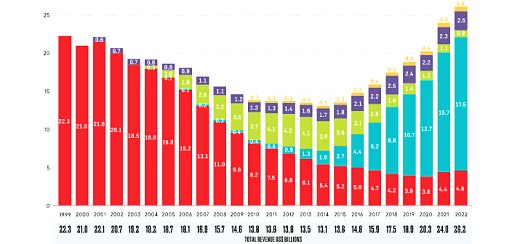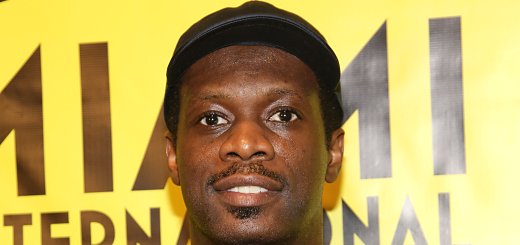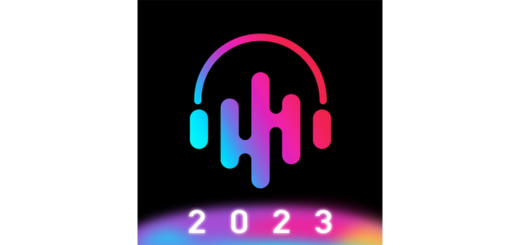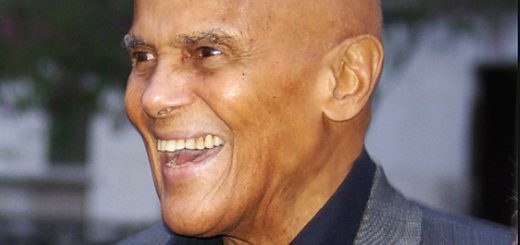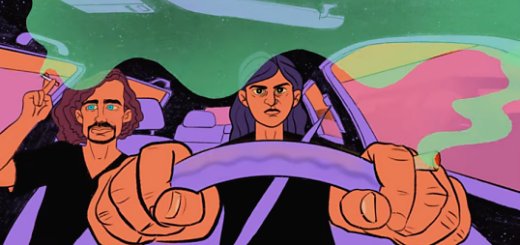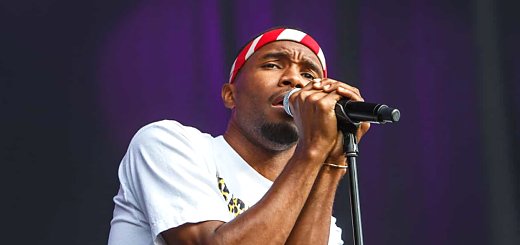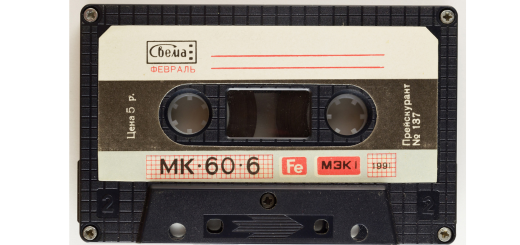GQ: Apple Music Classical - the perfect way to experience classical

Great words by Chris Cohen in GQ about Apple Music Classical, the newly launched Apple service dedicated to, obviously, classical music. "I have been endlessly frustrated with how the big streaming platforms (Spotify, in my case) handle classical music. And after playing around with it for a day, I am ready to issue a snap judgment: Assuming you don’t already have a Lydia Tár-scale collection of rare Decca LPs, Apple Music Classical is the best way to immediately listen and learn... Tthe success of the app hinges on solving a boring, technical problem: metadata. Pop music relies on just a few variables to identify a piece of music: artist, album, song. In the classical world, more pieces of data matter, like the composer, the conductor, the performer, or the dates of composition, recording, and release... A usable classical streaming service needs to figure out how to display all of that information, and make it searchable". That's what Apple Music Classical has done.




